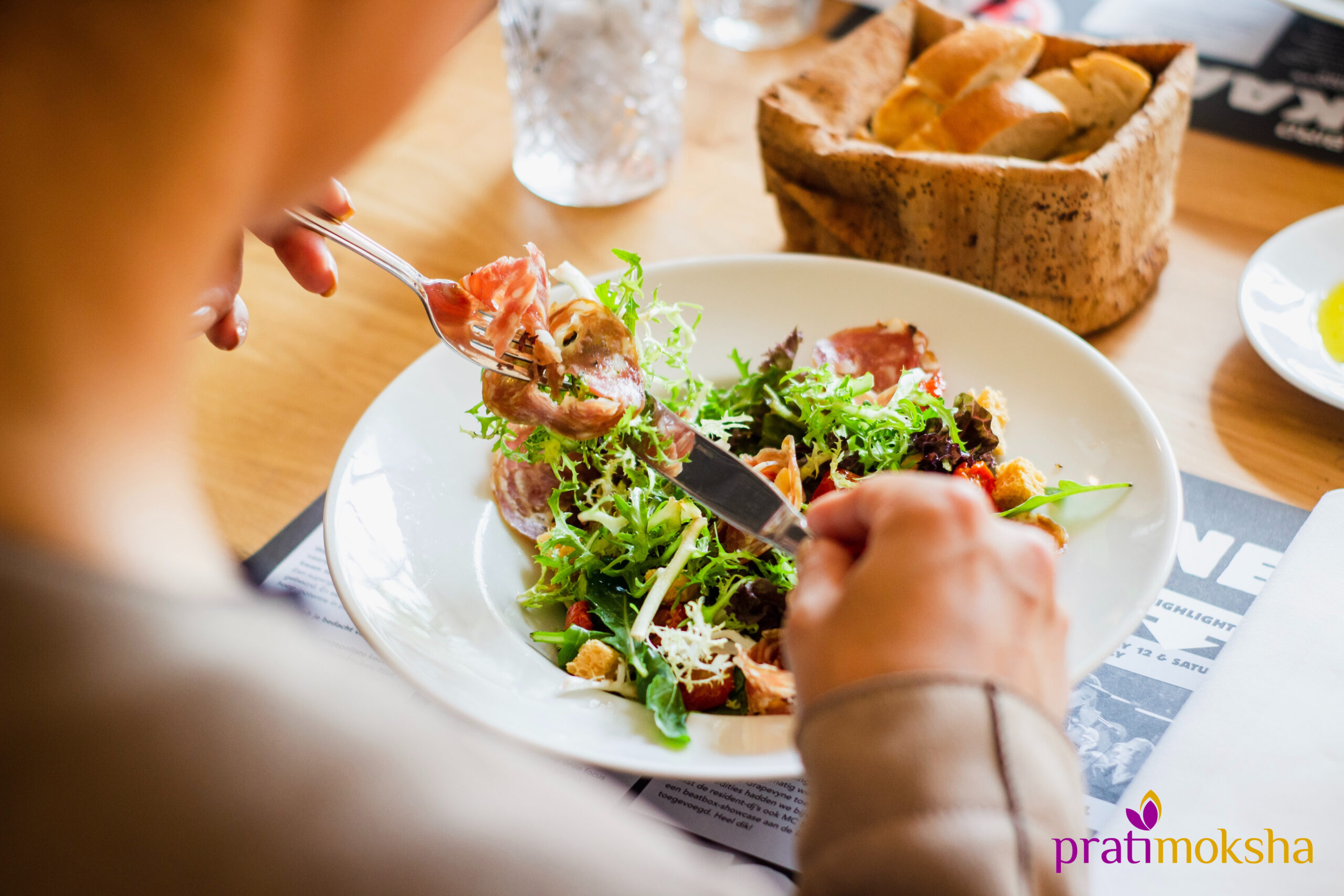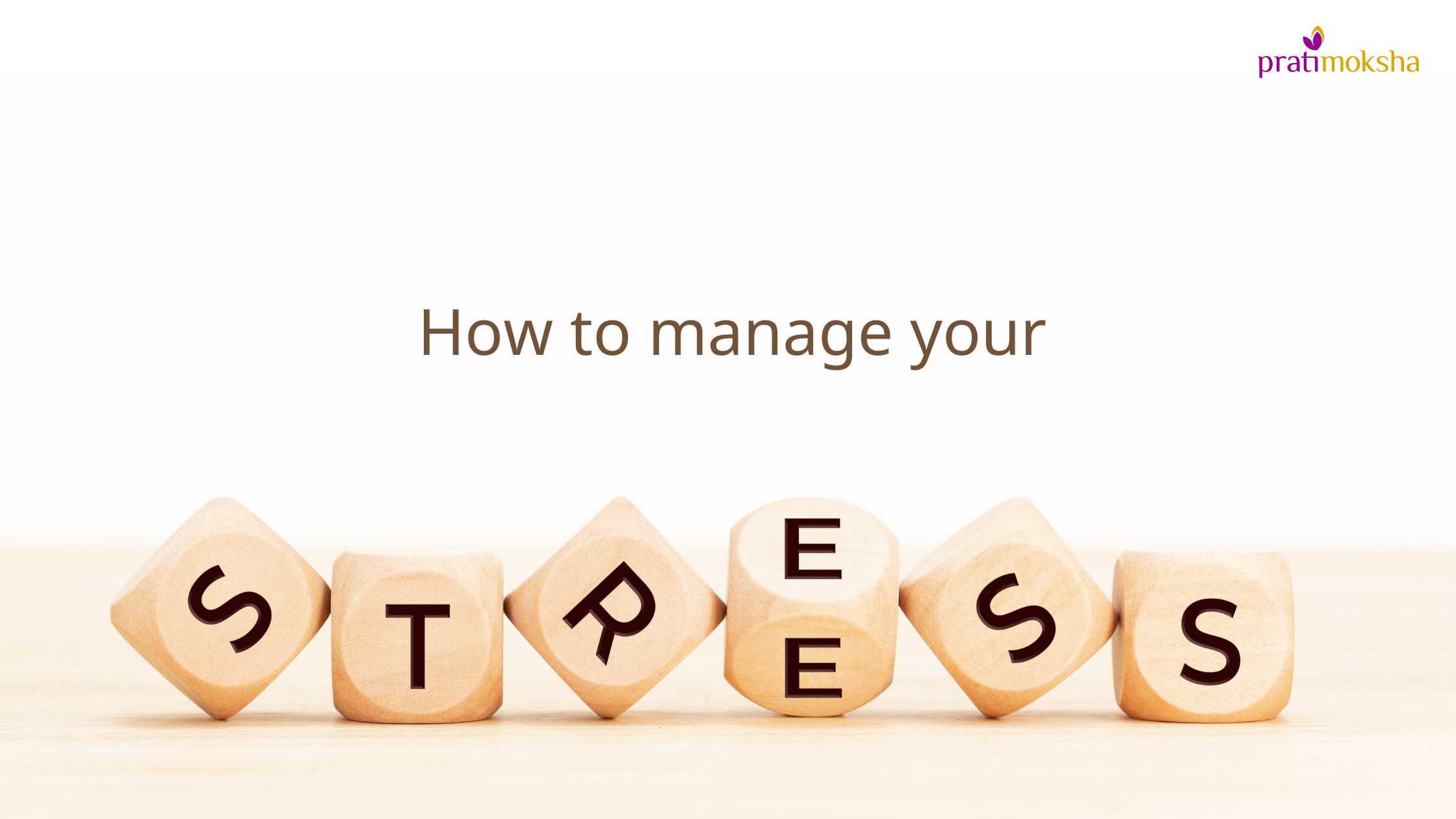Your diet matters! It may help you fight against cancer or it may lead to cancer. So it’s your choice.
Beware of cancer! Its appearance is, at times, a cautionary note to nudge you into following a healthier diet and lifestyle. There are many factors that contribute to the mutation of cancerous cells including genetical, environmental, and lifestyle ones. Research reveals that certain nutrients and foods can actually reduce cancer risks.
We can take care of our lifestyle and diet, but genetical and environmental factors are beyond our control. Harvard Health studies suggest that less than 30% of a person’s lifetime risk of getting cancer results from uncontrollable factors. The rest you have the power to change, including your diet.
Towards a healthy diet plan
Processed and red meat
Meat that has been smoked or treated with preservatives and loaded with nitrites to enhance its flavor may increase the risk of cancer. Therefore, individuals consuming more processed and red meat daily have a higher risk of colorectal cancer.
Antioxidants
Antioxidants help in preventing the growth of cancerous cells by neutralizing free radicals that damage cells. What are free radicals? These are certain unstable molecules that are created during normal cell metabolism. By consuming foods rich in antioxidants, you can to some extent prevent the build-up of these free radicals. They also provide other benefits such as improved cardiovascular health.
Glycemic index
Glycemic index (GI) is an indicator of how fast the food you consume raises blood glucose levels. High GI foods, such as most refined carbohydrates, cause a sudden spike in sugar levels resulting in increased insulin secretion. Low GI foods are digested, absorbed and metabolized more slowly, thus, resulting in a more gradual and steadier rise in blood glucose.
A study of 3,100 people, presented at the 2016 Experimental Biology forum US, found that consuming foods with a high GI (70 or higher on the 100-point GI scale) was associated with an 88% greater risk for prostate cancer. High-GI items include sugar-sweetened soft drinks, synthetic fruit juices, and processed foods like pizza.
Source: Harvard Health Publishing
Calcium
Some studies suggest higher calcium intake can lower the risk of cancer, especially colorectal cancer. Researchers believe calcium binds to bile acids and fatty acids in the gastrointestinal tract. This acts as a shield to protect cells from damaging stomach acids. However, other research has shown that extra calcium — 2,000 milligrams (mg) or more per day—may be linked to a higher risk of prostate cancer. Hence it is important to take your doctor’s advice as always.
Weight gain and cancer
Several studies reveal that being overweight or obese may increase cancer risk and growth. The possible reasons for the obesity-cancer link include increased levels of insulin, higher amounts of estrogen produced by adipose tissue, which can drive the development of some cancers such as breast and endometrial cancers.
So let’s all choose the right diet for a healthy tomorrow. Have the right food at the right time; combine these with physical activities such as Yoga, swimming, cycling, and jogging to stay healthy. Your lifestyle and diet matter a lot! So take ownership of it today.
For any questions on this topic and for all your yoga-related queries call @ 050 395 5613 or write to enlighten@pratimoksha.com




0 Comments